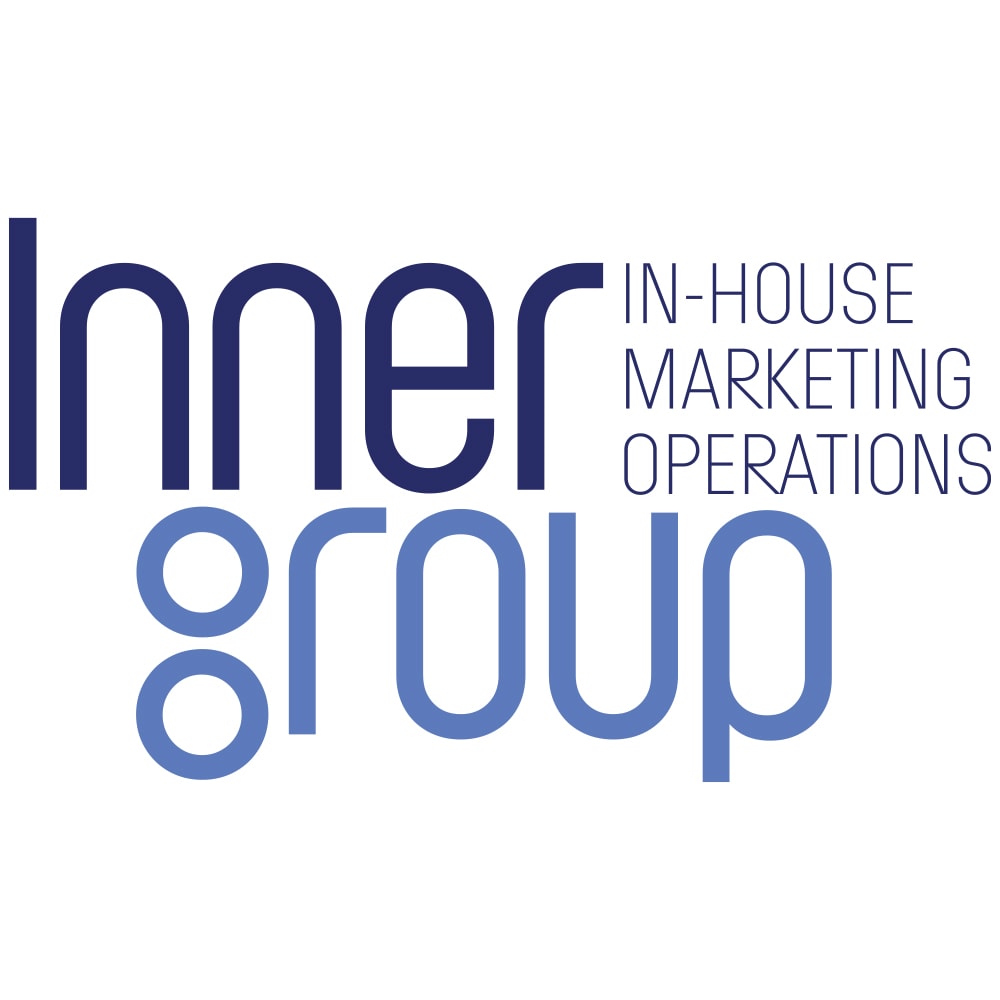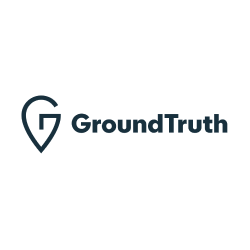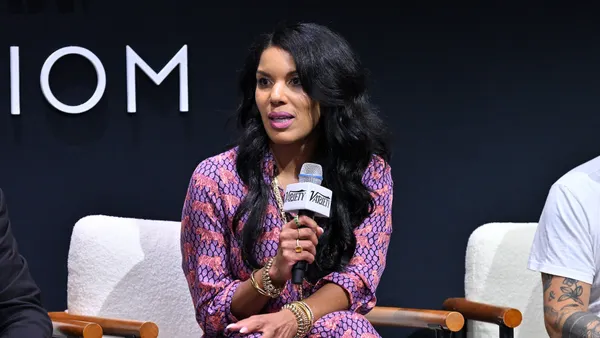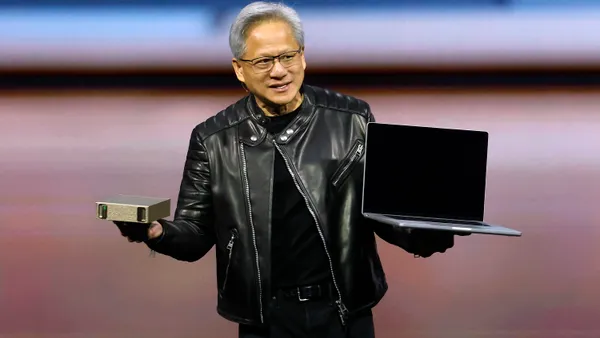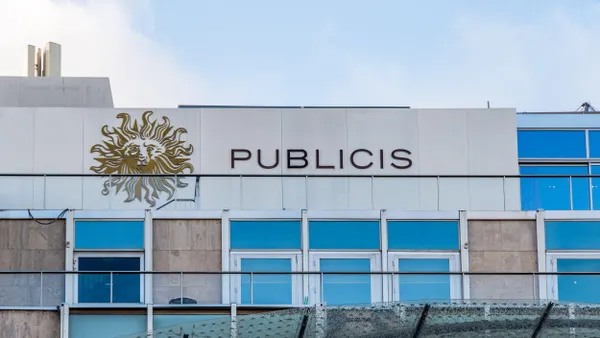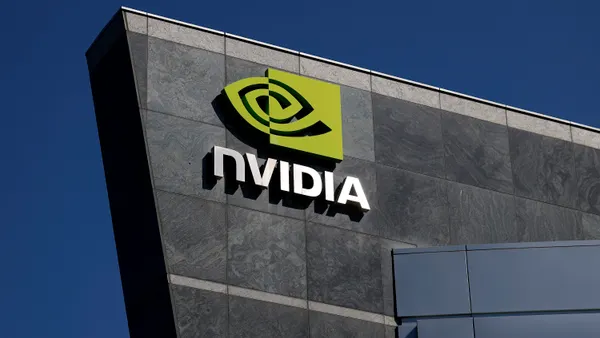In digital advertising, the title of "duopoly" has long been associated with just two players: Google and Facebook, which once seemed impossible to unseat from their shared throne. But the foundations of that dominance looked increasingly shaky this year amid the ascendancy of Amazon, and one disruptive deal in particular could considerably shift the conversation and the ad-tech ecosystem as a whole.
Amazon in May announced it would acquire the ad server and dynamic creative optimization solution of Sizmek, which was selling off its assets amid bankruptcy proceedings. Despite some short-lived outside bids to keep Sizmek's products out of the hands of Big Tech, Amazon handily won what was once one of the industry's largest independent ad servers — and a key tool in a growing ad war with Google.
Along with bringing over some of Sizmek's clients, the deal strengthens an Amazon offer that was already winning more dollars in high-spending categories like packaged goods and making a dent in a search category essentially owned by Google, which controls about 73% of the market, according to eMarketer. It also deepens Amazon's ad-tech talent pool, acting in part as an acqui-hire that could signal future moves the company will make as it continues to round out its services and internal leadership teams.
"Sizmek was one of the few ad servers that actually gained traction for a while against [Google's] DoubleClick as an independent, third-party ad serving technology," Collin Colburn, an analyst at Forrester, told Marketing Dive.
"Now that it's part of Amazon, [Sizmek] might actually be even more of a significant way for Amazon to go toe-to-toe against Google," Colburn said. "That's one of the benefits of this is that there's actually a very practical use case of data and then more of the strategic use case of being able to offer, punch for punch, what Google can."
What's in a word?
Nabbing Sizmek's assets lets Amazon establish a foothold in an ad-tech space where developing high-quality proprietary solutions can be costly and time intensive. Amazon likely found this out the hard way: Its own search products and demand-side platform do not have the most stellar reputations in the industry, lacking some of the key features found on Google and Facebook.
By leaning into M&A to account for its talent and tech gap, Amazon is in some ways following in the path of its rival. Google acquired DoubleClick for $3.1 billion in 2007. Terms of the Sizmek deal have not been made public.
But the effects of the acquisition almost immediately manifested in the way other companies talk about Amazon and treat the loaded term of a duopoly as it relates to ad tech.
Innovid, an advertising and analytics startup, bought the display ad firm Herolens in September and positioned the move as one intended to preserve market choice in the face of two bigger tech players. Surprisingly, one of them wasn't Facebook.
"As brands look to own their data for a single view of the consumer and seek a global independent alternative to the single stack solutions provided by the duopoly of Google and Amazon, Innovid is the only leading alternative for large TV advertisers," Zvika Netter, CEO and co-founder of Innovid, said in a statement around the deal.
While Innovid is mostly known for its work in the connected TV space, where Amazon has a major stake via Fire TV, Netter's sentiment was not an anomaly.
"Now that it's part of Amazon, [Sizmek] might actually be even more of a significant way for Amazon to go toe-to-toe against Google."

Collin Colburn
Forrester, analyst
Ycor, the personal holding company of Publicis Chairman Maurice Lévy and owner of the data marketing firm Weborama, made an ill-fated attempt to outbid Amazon for Sizmek after the deal was announced. The reasoning, according to Ycor partner Alain Lévy, was to avoid the "advent of a duopoly" and preserve a more independent ad-serving ecosystem.
"[G]iven how incommensurate Amazon's resources are, it can bring 'David versus Goliath' to mind," Lévy said at the time.
With Sizmek under its belt, Amazon shows that a new ad-tech duopoly is here. It's one that could not only become a goliath force for Facebook and Google to grapple with, but also smaller vendors and agencies that will need to learn to navigate a changing digital ad economy.
"If you're any of the other ad-tech players that are out there, you basically have two options today," Forrester's Colburn said.
"You can either buddy up very closely with Amazon and offer a third-party solution," he said. "Your other option is more of a holistic [one]: How can the technology, whether you're a DSP, a bid management tool or a social suite that's offering paid social capabilities — how can we connect all of these points and truly execute on an omnichannel advertising strategy?"



 Read more
Read more




